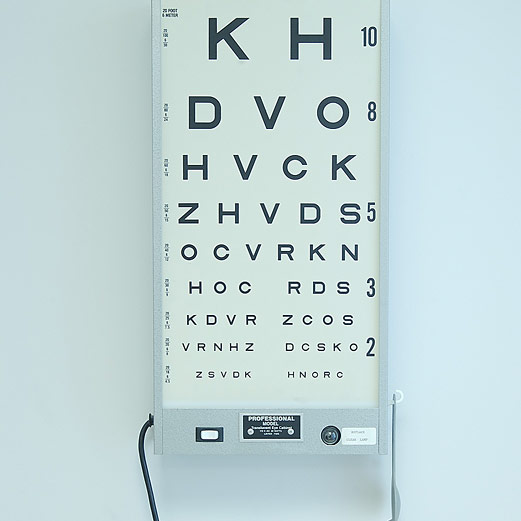
FRIDAY, Feb. 24 (HealthDay News) —
New research has identified more than 50 genes that can predict age-related macular degeneration, one of the leading causes of blindness worldwide.
Eyes with age-related macular degeneration (AMD) were especially likely to have an overexpression of 20 of these genes, according to researchers from the University of California Santa Barbara (UCSB), the University of Iowa and the University of Utah John Moran Eye Center. Macular degeneration causes a loss of central vision and can lead to blindness.
The study was published in the journal Genome Medicine.
“Not only are these genes able to identify people with clinically recognized AMD and distinguish between different advanced types, some of these genes appear to be associated with preclinical stages of AMD,” Dr. Monte Radeke, one of the study’s lead authors and an assistant research scientist at UCSB’s Center for the Study of Macular Degeneration, said in a journal news release. “This suggests that they may be involved in key processes that drive the disease.”
Researchers used a human donor-eye repository to identify differences in gene expression in people with AMD and those with normal eyes. They found that genes expressed below and in the retina, thought to be involved in inflammatory and immune response and wound healing, were overexpressed in eyes with AMD.
Radeke said better understanding of AMD’s genetic basis may help in the search for treatments, which currently are very limited.
“Now that we know the identity and function of many of the genes involved in the disease, we can start to look among them to develop new diagnostic methods,” he said. “[And we can look] for new targets for the development of treatments for all forms of AMD.”
More information
The National Institutes of Health provides more on macular degeneration.

